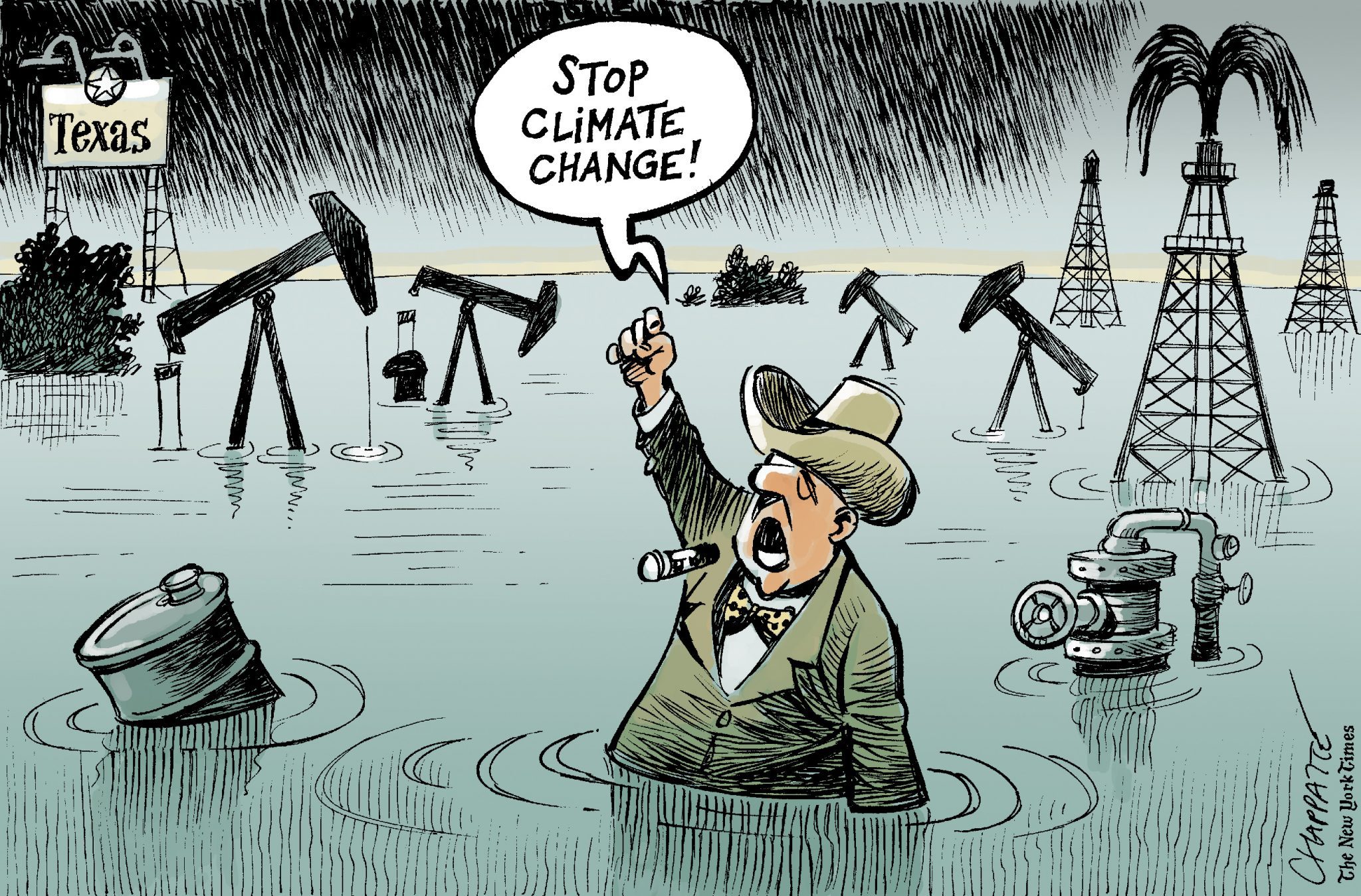BY MARION HILL
In a catastrophe like Harvey, we see the worst of what nature can do, but also the best of what people do. News reporters rightly applaud the heroism of rescuers, both official first responders and “regular people” who man their own small boats to free those trapped by flood waters. One comment often heard is, “This is just what Texans do.” But having watched rescuers rally from far and near when an earthquake, hurricane, tornado, tsunami, or other tragic event strikes anywhere on the globe, I’d amend the statement to say, “This is just what human beings do.” Compassion and courage aren’t limited to any one group or any one region.
Fortunately, even in the age of “selfie” photos, cosmetic surgery, and other “me-me-me” obsessions, people still feel each other’s pain. And they go do something to alleviate it. Even those of us who don’t have boats, and whose age or infirmity prevents going in person to help, can still give money for disaster relief. And we do, by the millions.
But I hope we don’t let the tragedy in Houston go off the radar screens of our attention before we discuss lessons to be learned. Maybe the most important one was expressed by Mark Shields on PBS’ Newshour on Sept. 1: “One dollar spent to prevent such tragedies as we saw with Harvey is worth $50 spent in cleanup and repairs.”
In other words, it’s way better to prevent, or lessen the impact of, a flood than to clean up after one. Better for the people and property involved, and far less expensive.
So what might Houston have done differently to prepare?
One problem was the city’s fast growth and the failure to build infrastructure that kept up. Houston is the fourth largest city in the U.S., and it’s growing so fast that it may soon overtake Chicago as the third largest. But its system of roads and highways hasn’t been sufficiently upgraded to be able to evacuate such a huge population quickly and efficiently.
Some have criticized the decision by Houston’s mayor not to order a mandatory evacuation of the city. But he patiently explained that putting the city’s entire population on the roads at the same time [roads prone to flash floods even with rainfalls nowhere near the 50-plus inches Harvey dropped] could have made the problem worse. Traffic snarls would have been inevitable, and rescues would have still been needed, only more dangerous rescues.
Another problem is what land-use specialists call the huge amount of “impervious cover” in Houston. In layman’s language, lots of prairie land that could have helped absorb the deluge has been paved over with concrete. In a flood, the water literally has no place to go.
Houston is the only major American city famous for its lack of zoning. Land-use Professor Matthew Festa of South Texas College of Law says the city actually does have de facto zoning – though it doesn’t use the “z” word – through deed restrictions, lot-size requirements, etc.
The problem with that, as Festa sees it, is that “there’s no comprehensive plan.” So as decisions about new construction are made, the possible impact of the building on the neighborhood, positive or negative, often isn’t considered.
And finally, there’s man-made climate change. Scientists have warned us for years that, as the earth gradually warms, all severe weather events [hurricanes, blizzards, tornados, etc.] get stronger and more violent. We’ve already seen that occur. Contrary to the bloviating of Sen. Jim Inhofe, aka Sen. Snowball, the fact that giant snowstorms occur doesn’t disprove global warming. Their growing intensity actually demonstrates it!
Coastal cities, like Houston, are especially vulnerable. Some cities are preparing for the predicted rise in sea levels, and technology needed to deal with that rise has been around for years. The Netherlands, for example, has long held the sea at bay with a system of dikes, and in recent years has added 250 miles of dams and other barriers. Venice, Italy, which is built on islands, has done a quarter century’s work constructing a system of floating barriers to protect from storm surges that could overwhelm that city.
In this country, too, we see California preparing through wetland, dune and beach restoration. New York City is in the midst of a 20-year plan, begun after Hurricane Sandy’s inundation, that includes seawalls, improvements in subway and sewer systems, and other flood control measures. Many of the ideas used in NYC came from New Orleans, another coastal city devastated by a hurricane, Katrina that time.
So you can do it, Houston. You can be better prepared for the next super-storm. But it will take forward-thinking leadership and a willingness to recognize what hasn’t served you well in the past.
One thing that would help Houston, New Orleans, New York City, Miami Beach, and all the other coastal cities to better prepare is for national leaders to quit denying what the great majority of scientists have warned us about for decades. Man-made global warming is a fact, and it’s here.
I’m looking at you, Donald Trump. Among others.
– Marion Hill lives in Durant, OK and is a frequent contributor to The Oklahoma Observer








